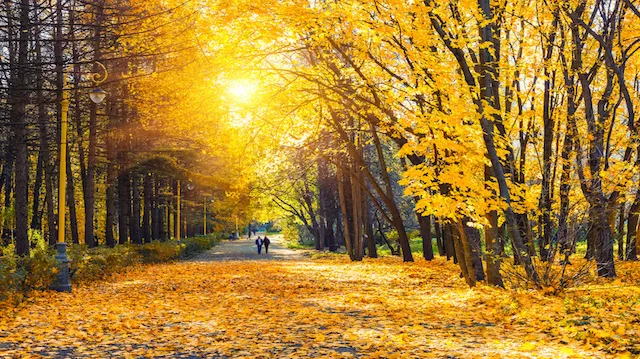A recent study published in Preventive Medicine (2015) found that men and seniors sleep better when they have access to nature. The study surveyed over 255,000 adults across the United States and found that participants who had access to nature slept badly fewer than seven nights per month. Those who had less access to nature slept poorly up to 29 nights per month.
Living near and visiting parks, beaches, and hiking trails may play a pivotal role in the sleep you get at night. The study found that being in nature improves physical activity levels, which in turn promote sound sleep at night. “This new study shows that exposure to a natural environment may help people get the sleep they need,” said lead author Diana Grigsby-Toussaint, a professor of kinesiology and community health at the University of Illinois.
The research also found that being in nature improved men’s sleep patterns more than women’s. The study states, “In a representative sample of US adults, access to the natural environment attenuated the likelihood of reporting insufficient sleep, particularly among men.” This may be associated with safety concerns many women have with regards to being alone in natural, secluded areas, according to Grigsby-Toussaint.
The finding of the study may be helpful to seniors who have trouble sleeping. Understanding the benefits of nature could encourage retirement communities and nursing homes to take another look at their quality of life practices. Senior facilities could begin to incorporate nature trails, gardens and other outdoor areas to their facilities. These areas would offer seniors a natural environment in which to boost their physical activity and in turn get a better night’s sleep. “If there is a way for persons over 65 to spend time in nature, it would improve the quality of their sleep — and their quality of life — if they did so,” Grigsby-Toussaint further added in a university interview.

Professor Frances Kuo, PhD, conducted a recent study at the University of Illinois’ Landscape and Human Health Laboratory. Kuo discusses the health benefits associated with our contact to nature.
The research, published in Frontiers in Psychology (2015) states, “The range of specific health outcomes tied to nature is startling, including depression and anxiety disorder, diabetes mellitus, attention deficit/hyperactivity disorder (ADHD), various infectious diseases, cancer, healing from surgery, obesity, birth outcomes, cardiovascular disease, musculoskeletal complaints, migraines, respiratory disease, and others.”
Connecting with nature is not often seen as a pathway for healing and disease prevention, however, research suggests otherwise. Nature is one of our best alternative remedies when it comes to overall mental and physical health. If you reside in a city, getting out of your urban surroundings and spending more time in nature can be good for your health. Whether it be a large city park, a river walk or your favorite hiking trail, connecting with nature may be just what you need.
How do you connect with nature?
—Stephen Seifert
Stephen Seifert is a writer, professor, adventurer and a health & fitness guru. His flair for travel and outdoor adventure allows him to enjoy culture and traditions different than his own. A healthy diet, routine fitness and constant mental development is the cornerstone to Stephen’s life.
Sources:
http://www.sciencedirect.com/science/article/pii/S0091743515002273
http://www.ncbi.nlm.nih.gov/pmc/articles/PMC4548093/
http://aces.illinois.edu/news/u-i-study-men-people-over-65-sleep-better-when-they-have-access-nature
